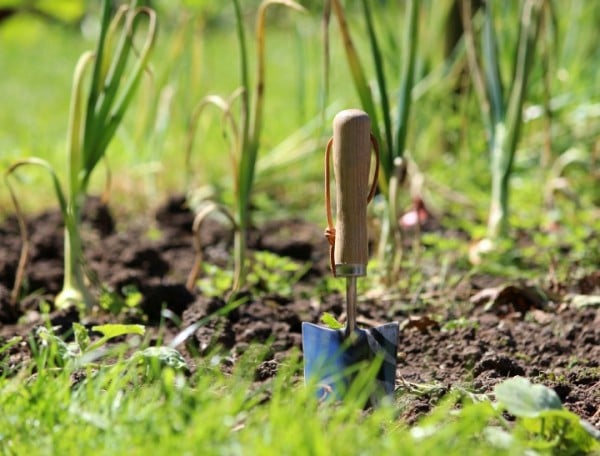
In her thoughtful and beautifully observed book, Six Square Metres, journalist and gardening enthusiast Margaret Simons takes readers on a journey through the seasons, through her life, and through the tiny patch of inner-urban earth that is home to her garden.
The persistent miracle of gardening, and parenthood for that matter, is that things grow despite one’s incompetence.
When I was newly pregnant with my first child, I remember looking through the early spring crop of seed catalogues with fear in my heart. After all, so many seeds fail to grow. Some rot. Some push out tender green shoots, and the snails finish them off. It seemed improbable to me that any should grow at all, and therefore unlikely that the cluster of cells inside me should grow to a healthy child.
Now spring has come around for 19th time since those frightened reflections, and the child I couldn’t quite believe in will shortly leave home. Once again, I am looking through the old shoe box in which I keep my seeds to see what I need to order, and to try and work out a way of finding space for all the things I want to grow. There is so much variety. The sand-like black seeds of poppies, the miniature burrs of carrot, the smooth, hard broad beans. The broad-bean seed is just the right size, I remember, for toddlers to put up their nostrils. When my son was a toddler, we had a hurried trip to casualty because of a bean stuck in the nose.
‘How did it get in there?’ I asked him. ‘I opened my nose and a bean fell in,’ he replied.
I remember a few years later trying to explain to him how he was made, and came to grow in my tummy.
‘Daddy planted a seed …’
Like Debrief Daily on Facebook.
Now my son is over six feet tall. He rests his chin on the top of my head as a sign of affection. He has entered the grunty, apparently pre-verbal stage of late adolescence. His involvement in the garden is limited to helping me move and lift things, and only then under sufferance.

